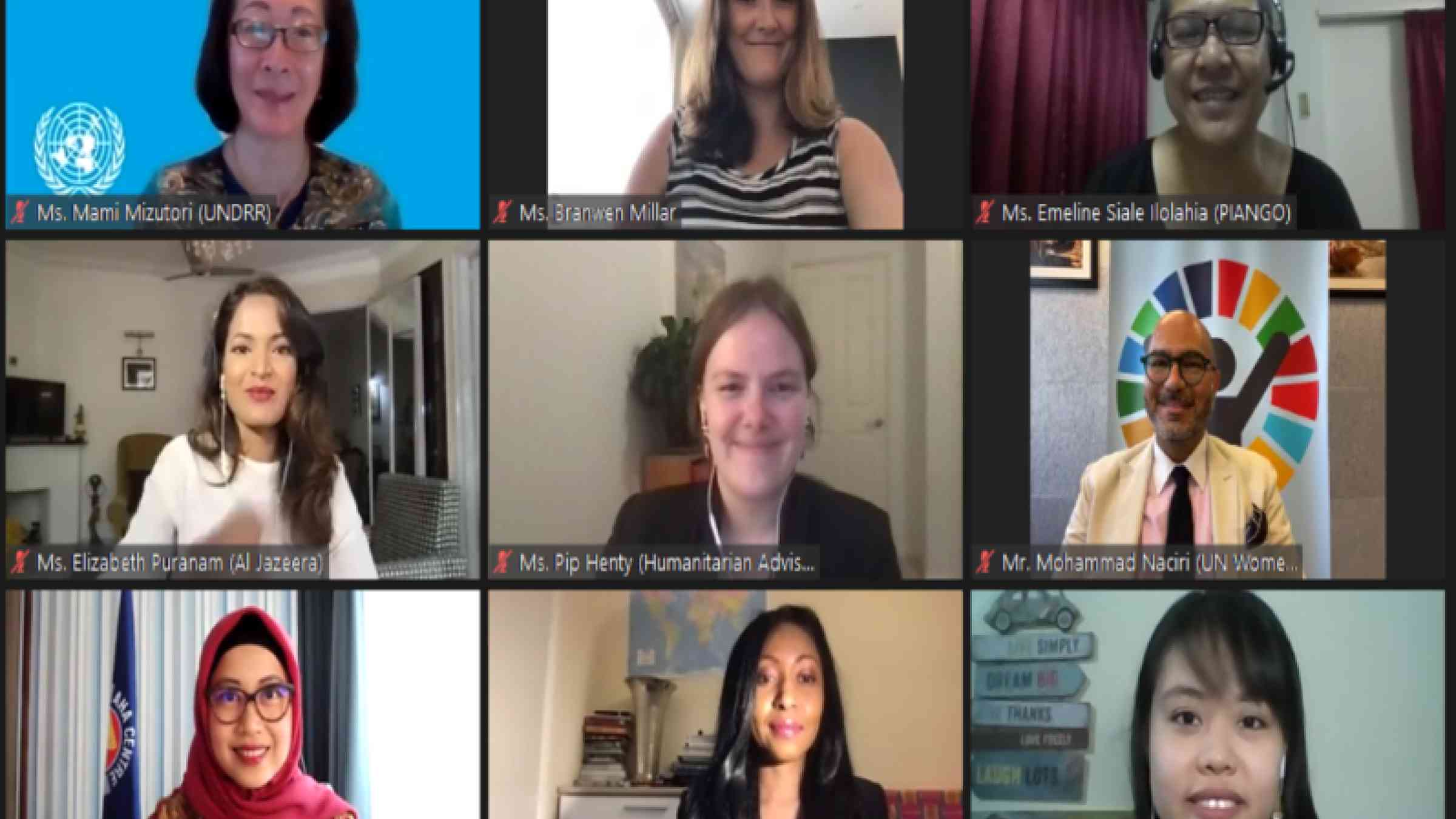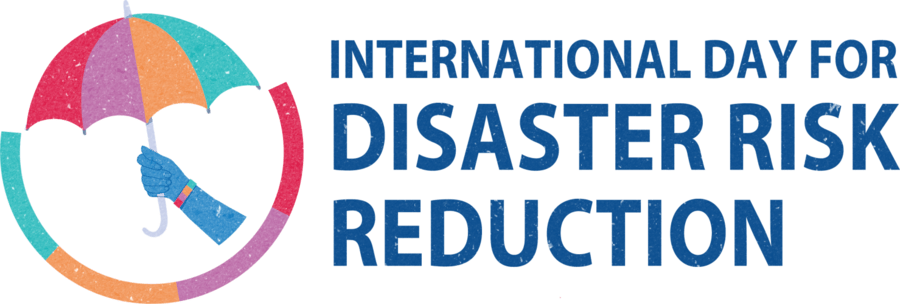Gender equality in a COVID-19 world

Statement by Mami Mizutori, the Secretary-General’s Special Representative for Disaster Risk Reduction for International Women’s Day
Today is a day to celebrate women who have truly made a difference in the fight against the COVID-19 pandemic which has claimed over two million lives and brought life as we know it to a shuddering halt across the planet.
Women like Dr Pamela Grace Español-Solano who took leave from her family to work as a volunteer with eight other female doctors at a COVID-19 facility in the southern Philippines.
Dr. Siouxsie Wiles, a microbiologist and science communicator from New Zealand, who has overcome online abuse to share clear explanations of complex subjects with a global audience.
Pratima Gurung who leads the National Indigenous Disabled Women’s Association in Nepal and has influenced government policy on access to critical health services.
These are just three of many role models for women in leadership whom we want to recognise and promote on this very special day for women around the world.
Over 100 UN member States have developed national strategies for disaster risk reduction in line with a key target of the Sendai Framework for Disaster Risk Reduction.
As we review those strategies - and urge other Member States to develop them - key questions need to be asked “Are women at the table when these strategies are being developed? Are women making decisions as to how these strategies are implemented?”
If the answer is “no”, I urge governments to seek the feedback of women’s groups and to ensure they are fully represented in discussions on future improvements.
The truth is that women and girls are disproportionately affected by disasters because of the structural and gender inequalities that exist in all societies before disaster strikes.
Nothing proves this more conclusively than COVID-19.
We have seen a biological hazard cascade into increased levels of all forms of violence against women and girls, growing unemployment rates, coupled with an increased burden of unpaid care work. And at the same time women are taking the lead in the pandemic response as front-line health workers.
One positive aspect of the current crisis is that the disproportionate impact COVID-19 has on women has entered the mainstream public discourse on the response to the pandemic. Now this must be addressed in the recovery.
What we need to see emerge are well-designed disaster risk reduction initiatives developed with the full and effective participation of women.
Women’s equal participation and leadership in public life is clearly an important goal in a world challenged by major planetary emergencies like COVID-19 and climate change. These problems cannot be successfully addressed by excluding half of humanity from the effort.
It is a pleasure therefore to be here today to celebrate women from across the Asia-Pacific region who play vital leadership roles.
We will be hearing from many of them shortly.
This is part of the work that we started when we launched the Women’s International Network on Disaster Risk Reduction in Asia-Pacific last year. The growth and expansion of the WIN DRR network is further proof of just how important international cooperation is to the cause of women in leadership.
I would like to close by adding my congratulations to UN Women and the Humanitarian Advisory Group on the new framework that is being launched today to track the impact of women’s leadership in the COVID-19 response.
